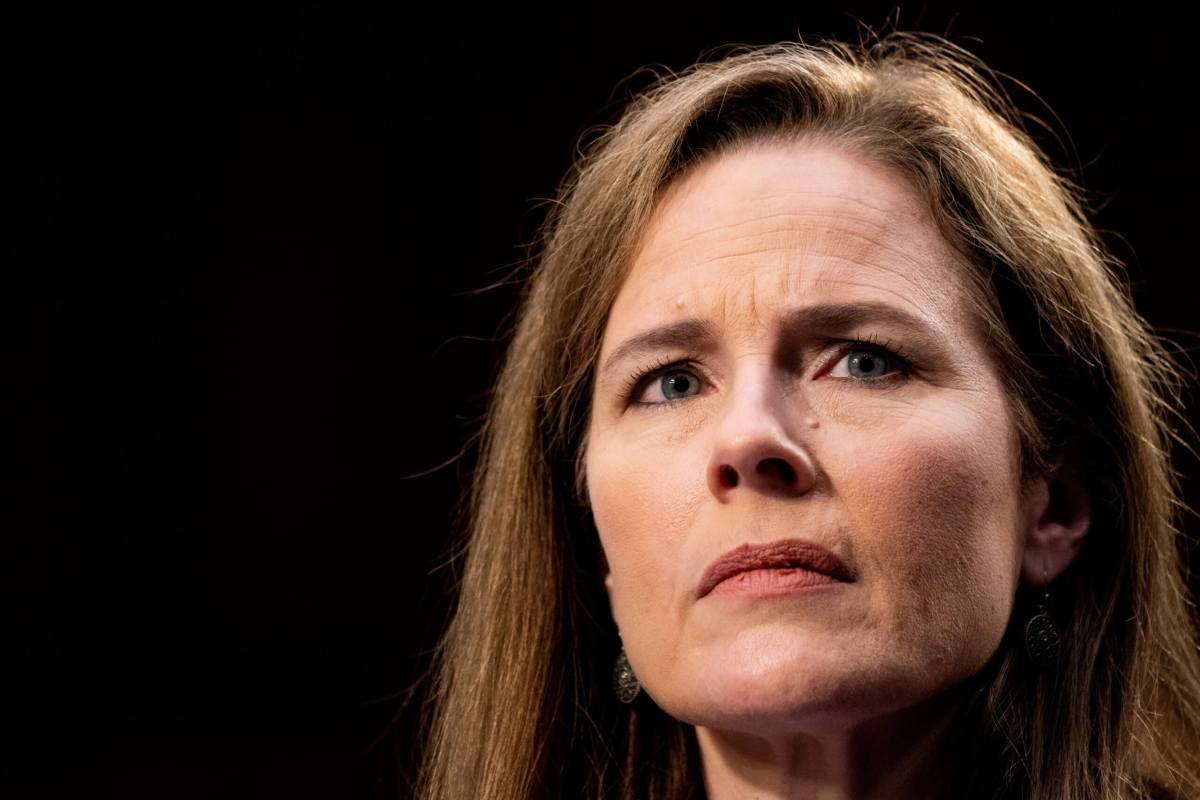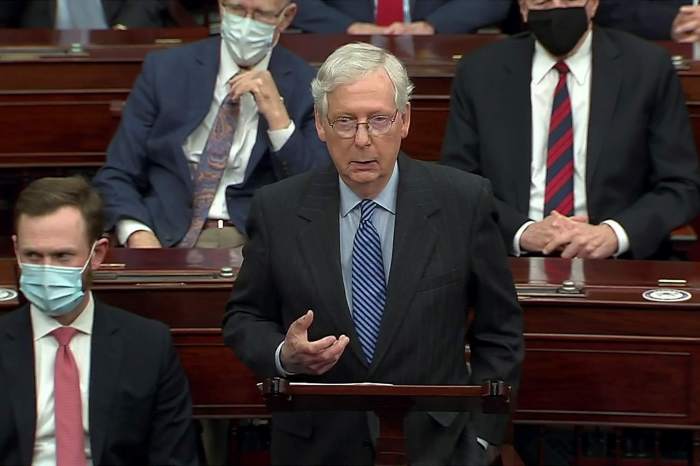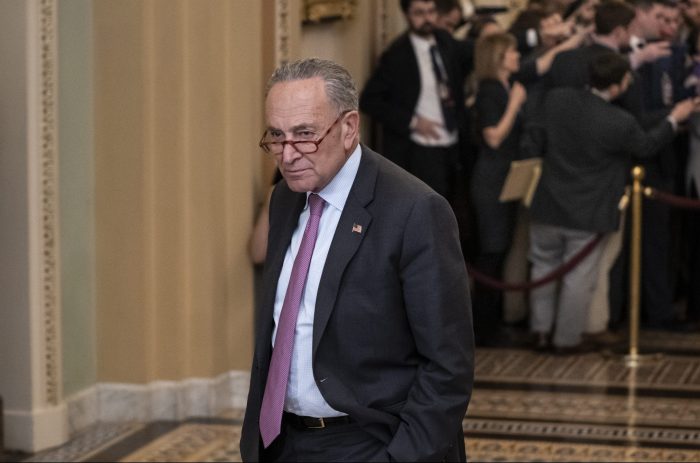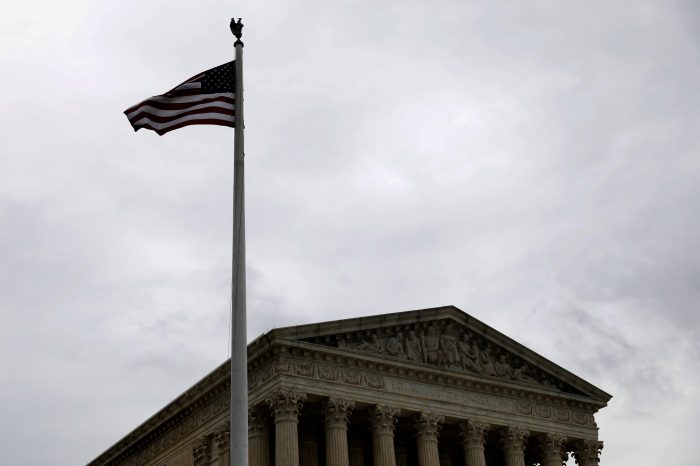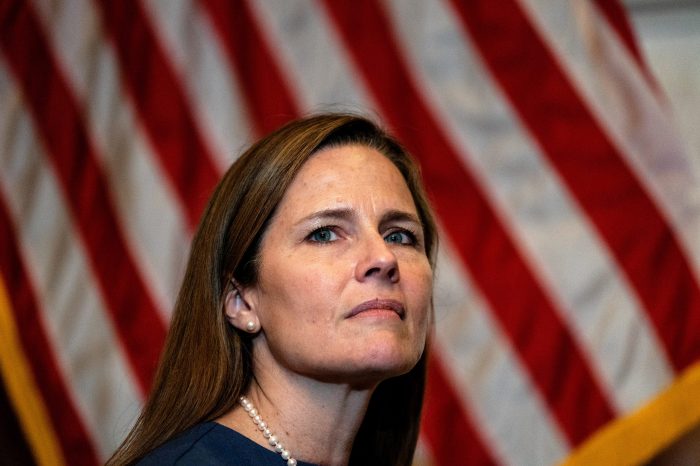Conservative Justice Amy Coney Barrett on Thursday authored her first ruling since joining the U.S. Supreme Court in October as the court handed a defeat to an environmental group seeking access to government documents.
In the 7-2 ruling, the justices sided with the U.S. Fish and Wildlife Service, thwarting an effort by the Sierra Club to obtain documents concerning a regulation finalized in 2014 relating to power plants. Barrett and the court’s other five conservative justices were joined by liberal Justice Elena Kagan in the majority, with liberals Justices Stephen Breyer and Sonia Sotomayor in dissent.
The Senate approved Barrett for a lifetime job on the top U.S. judicial body on Oct. 26 after an accelerated confirmation process that unfolded in the weeks before the Nov. 3 presidential election. She is one of three justices appointed by Republican former President Donald Trump and she replaced liberal Justice Ruther Bader Ginsburg, who died on Sept. 18.
Trump touted his appointment of Barrett in campaign rallies ahead of the election, which he lost to Democratic President Joe Biden. Her swift confirmation by the Senate, which at the time was controlled by Trump’s fellow Republicans but is now led by the Democrats, moved the court further to the right and prevented Biden from replacing Ginsburg with a liberal successor. It marked the closest to a presidential election that a Supreme Court justice had won Senate confirmation.
The Sierra Club ruling limits the scope of U.S. agency documents that would be subject to a federal law called the Freedom of Information Act, which lets people request certain government materials.
The group wanted access to internal documents concerning the Fish and Wildlife Service’s conclusion that a proposed environmental regulation for cooling water intake structures that are used by power plants and other industrial facilities would not adversely affect endangered species, including fish, turtles and shellfish.
In 2013, the agency initially found that the regulation would put the species in jeopardy but its final recommendation to the Environmental Protection Agency in 2014 reached the opposite conclusion.
Writing for the court, Barrett said the 2013 draft documents were protected from disclosure because “they reflect a preliminary view – not a final decision – about the likely effect of the EPA’s proposed rule on endangered species.”
A federal judge in California ruled in 2017 that 11 documents had to be disclosed. Trump’s administration appealed and the San Francisco-based 9th U.S. Circuit Court of Appeals in 2018 ruled partly for the government but still found that nine documents had to be released.
The case was argued on Nov. 2, the day before Election Day. It marked first Barrett’s arguments as a justice. She previously served on a lower federal appeals court and as a legal scholar at the University of Notre Dame in Indiana.
So far, Barrett’s biggest impact on the court came when she provided the decisive vote in favor of religious entities challenging COVID-19 restrictions in New York.



